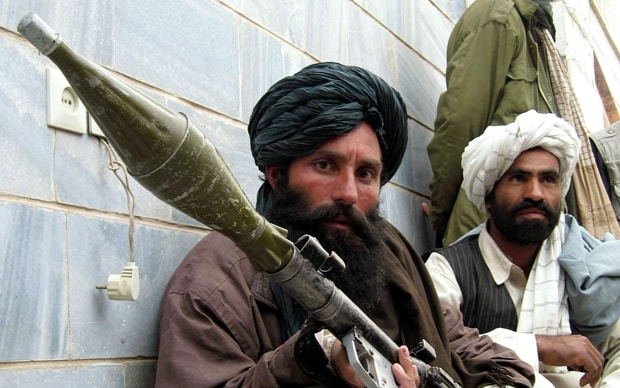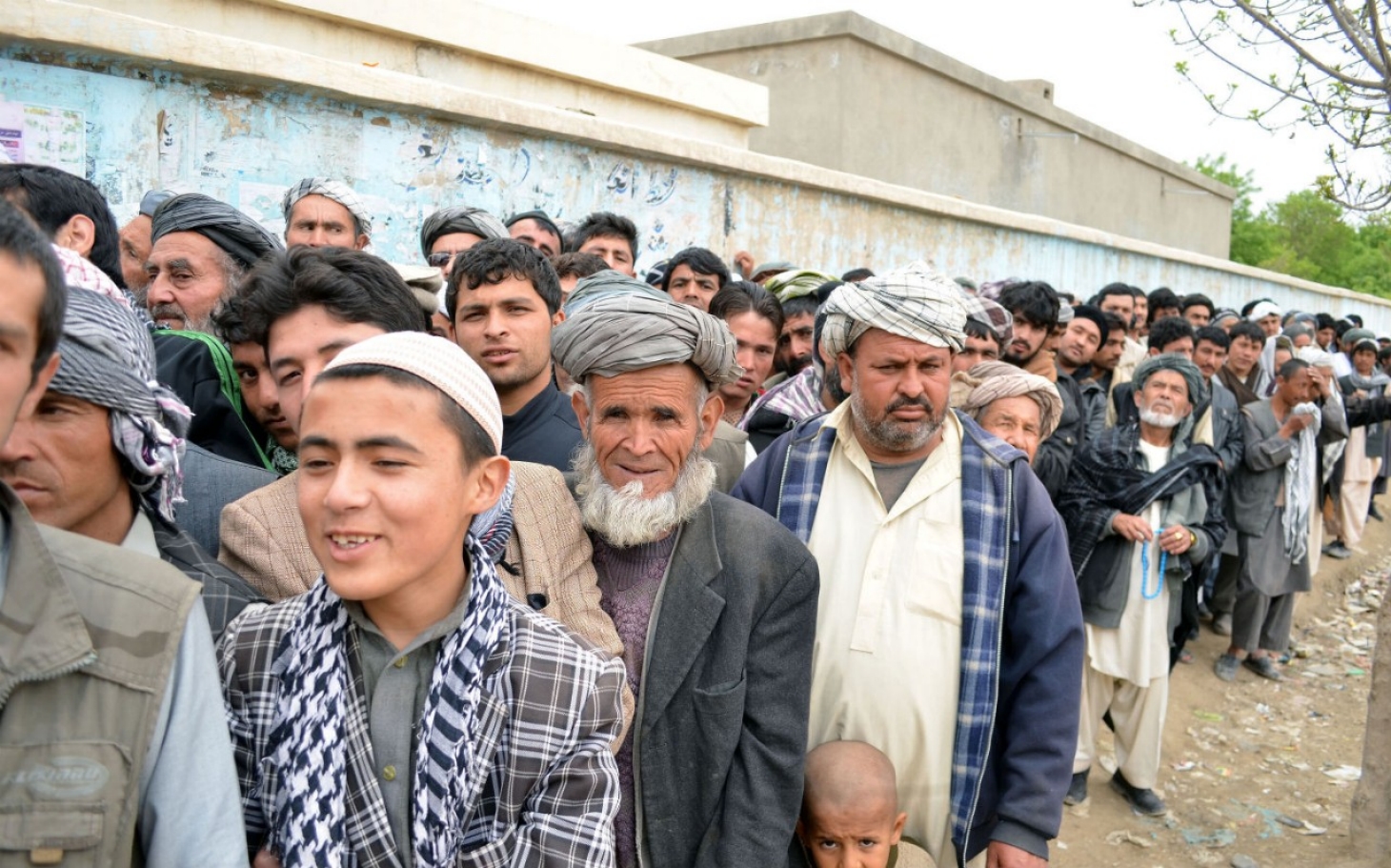Sometimes you people think I’m joking, when actually I’m just saying the thing that the media is saying and taking it to its obvious conclusion.
I have said that globalist Jews are saying that they need to fight wars against Moslems because of women’s rights.
Now, they’re just openly saying this, without any obfuscation of the message.
President Donald Trump’s envoy to Afghanistan faced tough questioning on Tuesday by Democratic lawmakers who accused the administration of jeopardizing the rights of Afghan women in pursuit of a peace deal.
The grilling of U.S. special representative Zalmay Khalilzad came days after the Taliban and the Afghan government entered into peace talks for the first time, a breakthrough that followed a months-long diplomatic push by the Trump administration.
But Rep. Stephen Lynch, chairman of the House Oversight Subcommittee on National Security, and other Democrats said they feared for the future of Afghan women without a firm guarantee from Washington to safeguard their rights.
“How do we demonstrate to the Taliban that the status of women and girls is a major priority in restoring that country’s stability . . . when we don’t list it as a priority in our negotiations but instead, leave it to the Afghans to fight that fight?” Lynch asked the U.S. envoy.
Khalilzad said women’s rights and minority rights were a top priority for the United States, and insisted that the administration had not abandoned their cause. But he acknowledged that the country’s political future would be determined by talks between the Taliban militants and an Afghan government-led delegation.
“At this hearing, I want to assure the Afghan women that we will be with them,” the Afghan-born diplomat said.
He added that the administration “will express ourselves forcefully” on the issue.
The peace talks that got underway on Sept. 12 followed a U.S-Taliban agreement signed in February. Under that deal, Washington agreed to withdraw American troops by May 2021 in return for the Taliban renouncing terrorism and agreeing to direct peace talks with their foes in the Afghan government. The U.S.-Taliban agreement did not address women’s rights.
Why would a ceasefire deal “address women’s rights”?
What does this actually mean?
Well, it can only mean: “if you don’t implement the feminist agenda that America implemented in the 1960s, we’re going to keep bombing your country.”
That’s what a ceasefire deal is: it’s a deal to end a military conflict. You enter in your terms in the deal. If you’re saying, “we won’t agree to this unless you implement a social-engineering agenda in your country,” you’re saying, “we will keep fighting you in a war if you don’t do this thing.”
Lynch cited a letter from 19 members of the Afghan parliament calling on the United States to stand up for women’s rights in any future peace agreement.
The parliament members appealed to Washington to “let this deal be known as one that preserved the rights of every Afghan man and woman. Not a deal that prevents little girls from going to school, not a deal that leads to the destruction of our institutions, not a deal that backtracks on the great achievements of freedom and democracy,” according to the letter obtained by NBC News.
Khalilzad said future U.S. assistance to Afghanistan would depend on what decisions are made in the peace talks, including on the rights of women.
H. R. McMaster, who served as Trump’s second former national security adviser, has sharply criticized the administration’s negotiations with the Taliban, saying the U.S.-backed peace talks were doomed to failure.
“What (does) power-sharing with the Taliban look like?” McMaster said in an interview with USA Today published Monday. “Does that look like … every other girls’ school bulldozed? Or does it look like mass executions in the soccer stadium every other Saturday?”
Yes.
The war must just go on and on forever, because we don’t like their morals.
And our duty as a nation somehow became inflicting our morality – one such thing being girls’ schools – on third world Islamic shitholes.
Under the Taliban’s extremist rule from 1996 to 2001, women were barred from attending school, holding jobs, taking part in politics and leaving their homes without male escorts. Since U.S.-led forces toppled the Taliban in 2001 after the terrorist attacks of Sept. 11, the status of Afghan women has dramatically improved, with women entering universities and the workplace in unprecedented numbers.
See, NBC isn’t simply reporting what was said – they’re endorsing this idea.
These people are saying: “we have to force 1960s era women’s liberation on Afghanistan or else we will have to keep fighting a war.”
Imagine including a bizarre social engineering agenda in a peace negotiation.
How is this even real?
How is this real life? Why am I the single person on earth explaining what is going on here?
I guess the answers to those two questions are related: if the media was saying, “Senators today said that the US military must continue bombing Afghanistan until the cave-dwelling natives of the mountainous Central Asian Islamic state agree to implement a Jewish-Marxist feminist social engineering agenda in their country,” the situation probably couldn’t exist.
But the media simply reports this in a totally deadpan manner, not even mentioning the irregularity of including something like this in a ceasefire, let alone the context.
The context being that you’re demanding that these people:
Start doing this:
Or you’ll keep bombing their country.
Back before August of 2017, the article you are reading right now would have gone viral on Facebook. Other alternative media outlets would have printed similar things.
Millions of people would have become aware of this, and would have told their friends, family and co-workers the thing: US military will keep bombing Afghanistan if they don’t do feminism.
The government would then have to come up with some kind of explanation, and stop doing this bizarre thing.
This is the price of censorship. When there are zero checks on anything, everything just kicks into hyperdrive.
The media ecosystem was never actually understood by very many people. My role in it was not understood. The effects of destabilizing this ecosystem are not quantifiable, but we are continuing to understand more.
 Daily Stormer The Most Censored Publication in History
Daily Stormer The Most Censored Publication in History





